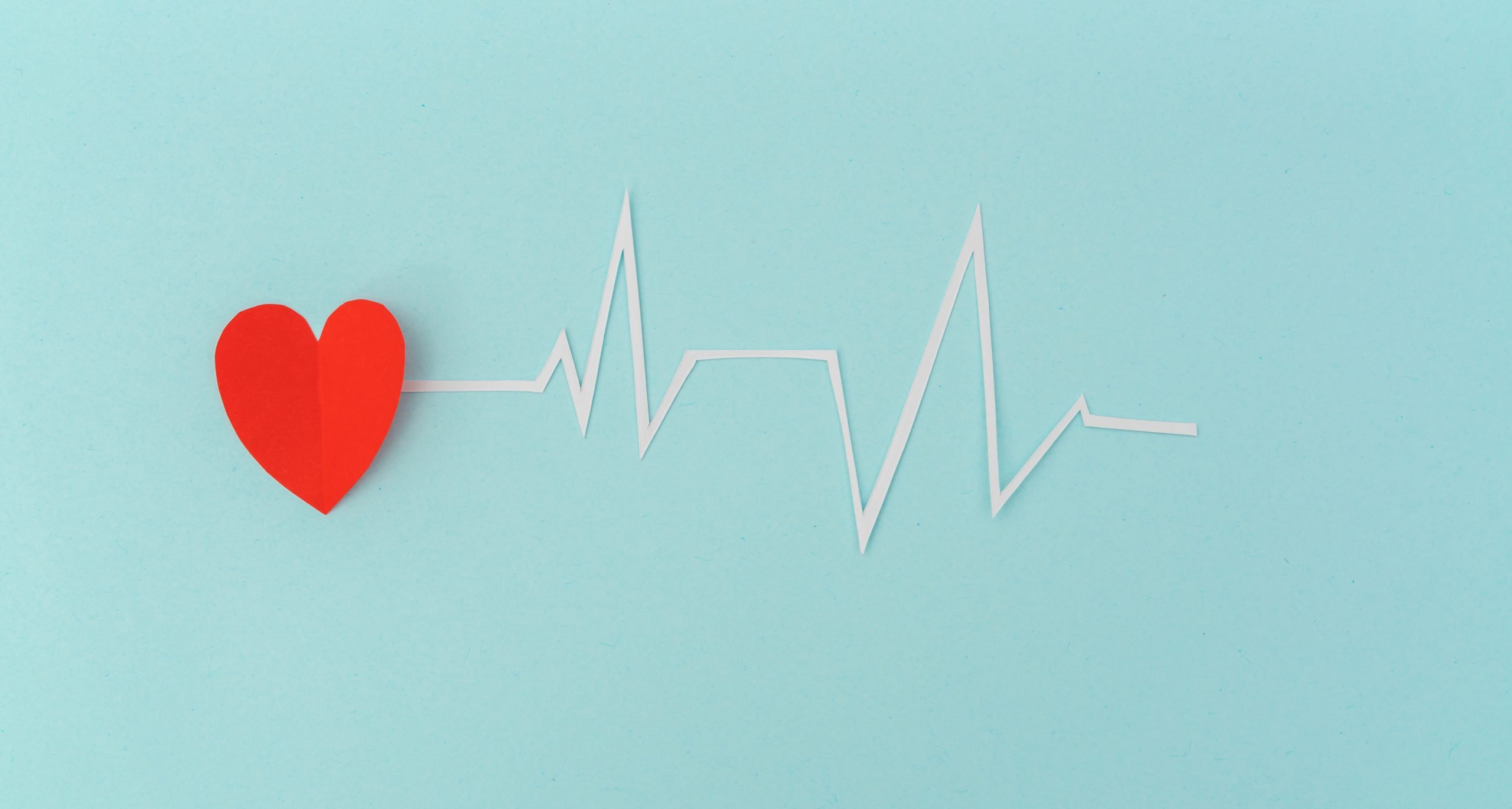Exercise brings us countless benefits and very little harm. In fact, the latter only tend to appear when exercise is not performed correctly, especially if we try to push ourselves more than necessary. In these cases, the following most often occurs: injuriesalthough there may be complications such as rhabdomyolysisin which the liver and kidneys cannot cope with cleaning the blood full of particles of muscle breakdown. Heart problems can also occur if the body is exposed to extreme exercise without prior preparation. All this is well known. But there is consequence of intense exercise which is much less known and could put professional athletes and workers such as military personnel or firefighters at risk.
It’s about weakening of the immune system. This is a highly controversial consequence of intense exercise. There are numerous cases where elite athletes have reported suffering. more respiratory infections after a very vigorous workout or competition in which they have exhausted their strength. Similar cases have also been reported among some professionals, such as firefighters. But what is the reason for this?
To answer this question, last year a group of scientists from Pacific Northwest National Laboratory (PNNL) conducted an investigation in which they participated 11 firefighters. This very small sample and the authors themselves admitted this. However, the results were strong enough to support the hypothesis that intense exercise can change the immune system. In fact, it’s getting clearer. However, it is not yet certain that this is harmful. Let’s see what we can learn from this study.
Finding the Little-Known Effects of Intense Exercise
The 11 firefighters who participated in this study provided blood, saliva, and urine samples. both before and 45 minutes after intense training walked through mountainous terrain with 20 kilograms of weight on my back.
Total measured more than 4700 molecules of these fluids and analyzed how their levels fluctuated before and after intense exercise. So they found three particularly interesting pieces of information. First, they observed a decrease molecules associated with inflammation. It’s true that severe inflammation can be harmful. However, it is still part of a healthy and necessary immune system response. Its decrease may indicate that the body’s defenses are not working properly.
On the other hand, an increase in opiorphin levels was observed after exercise. This substance was discovered in 2006 in saliva samples. It is known that he has analgesic effecthence its name. But, in addition, it contributes dilatation of peripheral blood vessels. Finally, the microbiota in firefighters’ mouths also changed dramatically after intense exercise.
What does this all mean?
The first thing that makes sense is the appearance of opiorphin. Not only because it can help reduce pain resulting from strenuous efforts. Also because the dilation of blood vessels allows more blood flow to the muscles, providing them with a much larger amount of blood. oxygen and nutrients.
This, in turn, may explain the decline markers of inflammation.
“We hypothesize that the reduction in inflammatory molecules we observed in post-exercise saliva may represent an adaptive mechanism to improve gas exchange in response to increased cellular oxygen demand,” explains one of the authors. Ernesto NakayasuV Science Alert.
Finally, bacteria that increase in levels in the mouth after intense exercise may be released. antibiotic molecules able to fight other bacteria. This will help compensate for the incompetence of the immune system after exercise.
Or that’s what it seems. Unfortunately, if you place these bacteria and the molecules they produce next to a culture coli, It had almost no effect. This doesn’t seem like much of a compromise.

Intense physical exercise may not weaken, but on the contrary, alert.
Another hypothesis of these scientists was that intense exercise causes an increase in the condition immune surveillanceand not a deterioration in the body’s defenses as such.
It would be necessary to repeat the study with a larger number of participants and continue research in this direction to obtain more conclusive answers. One thing is clear: excessively intense exercise can somehow affect How do we protect ourselves from infections? It is logical that someone who is accustomed to such a large number of exercises will not tolerate them in the same way as beginners. Therefore, for both this reason and the ones we have already mentioned, do not train more than you should. This is very useful, but you also need to know when to stop.
Source: Hiper Textual














